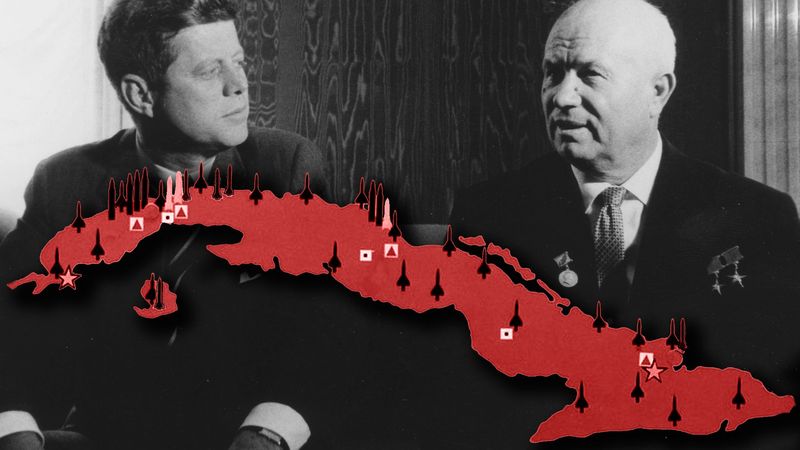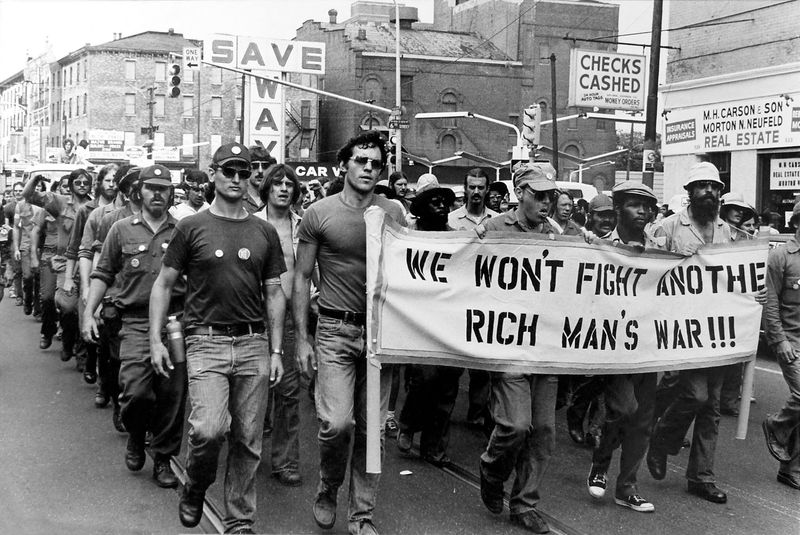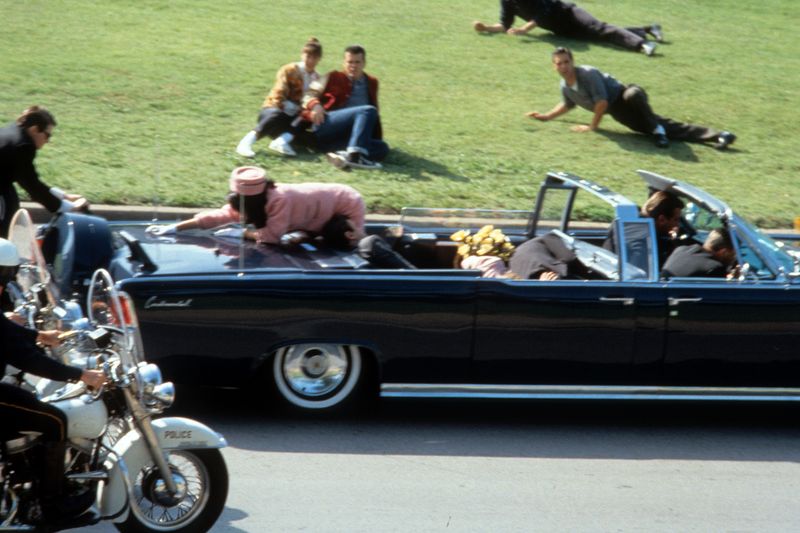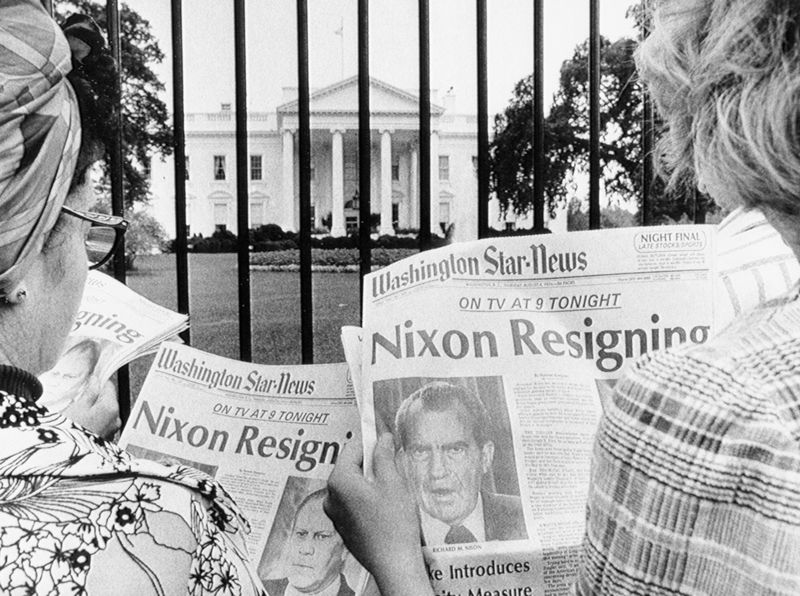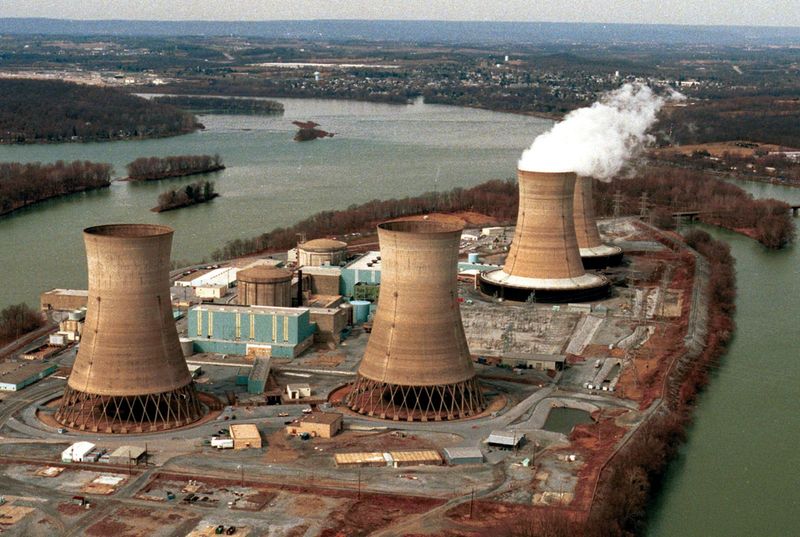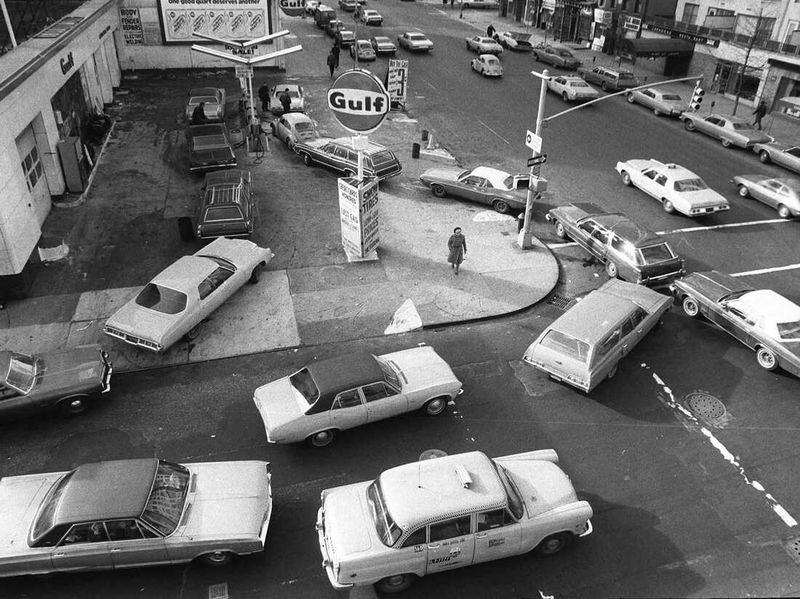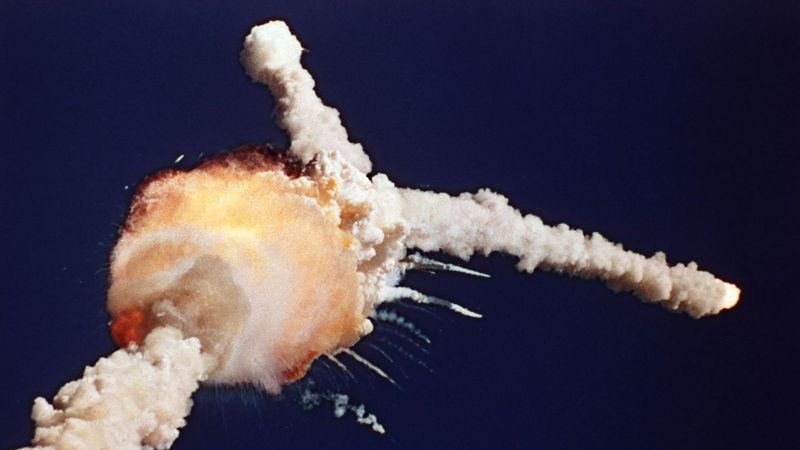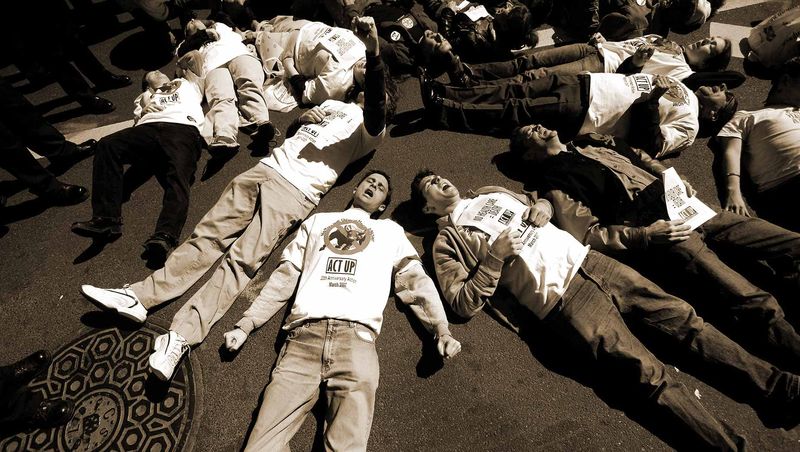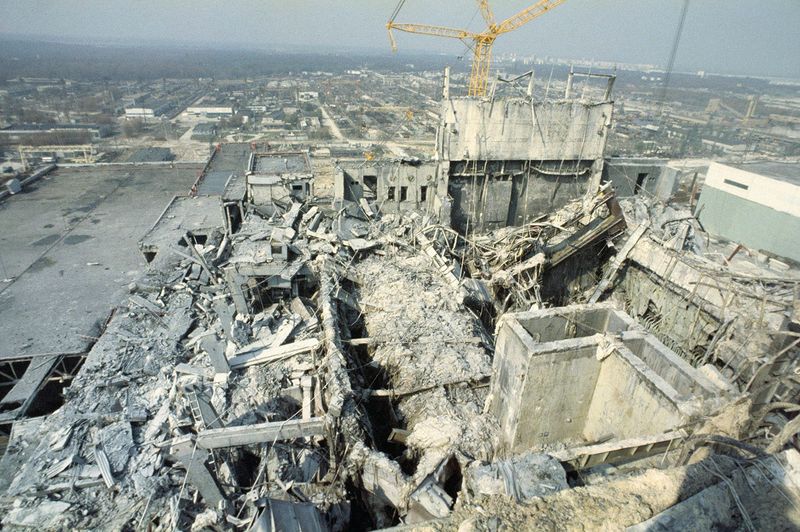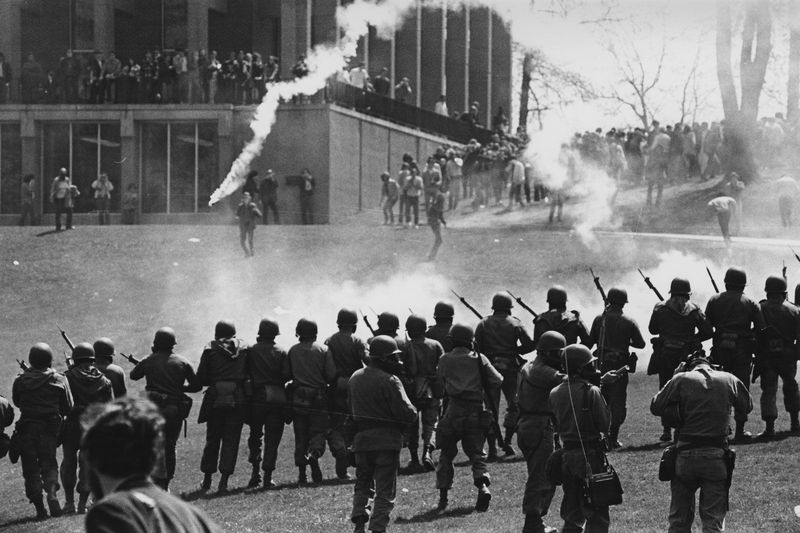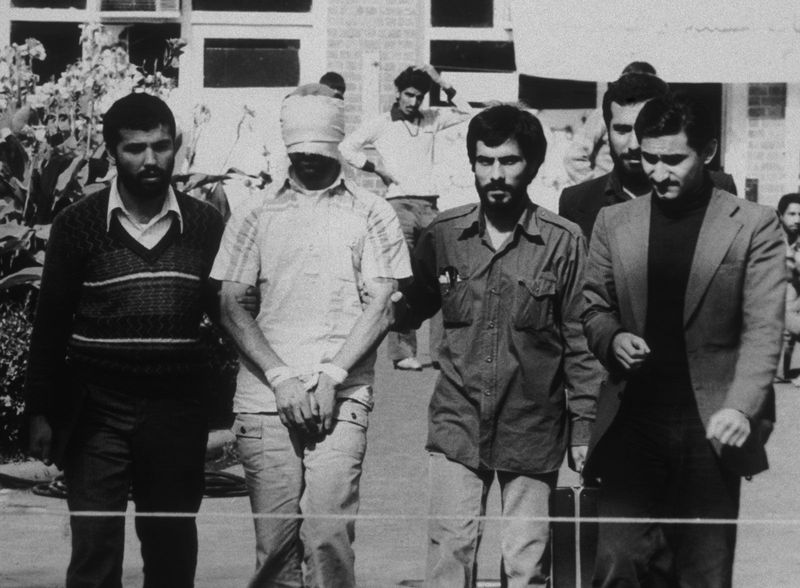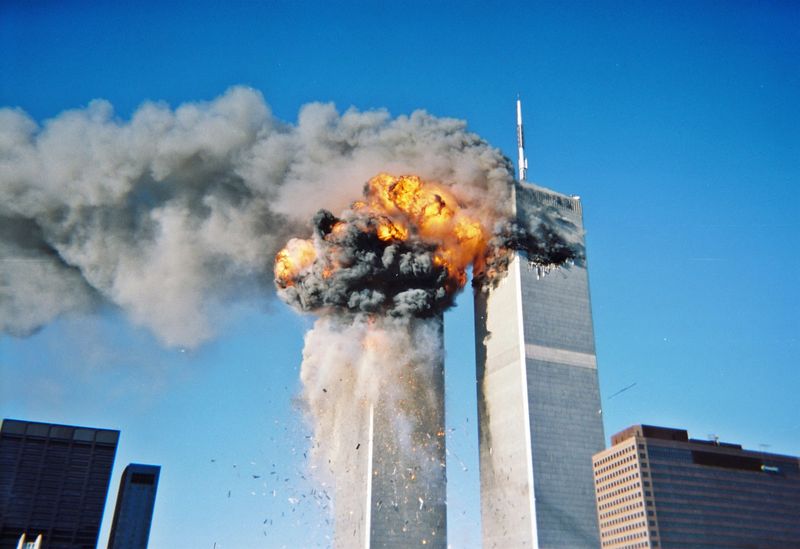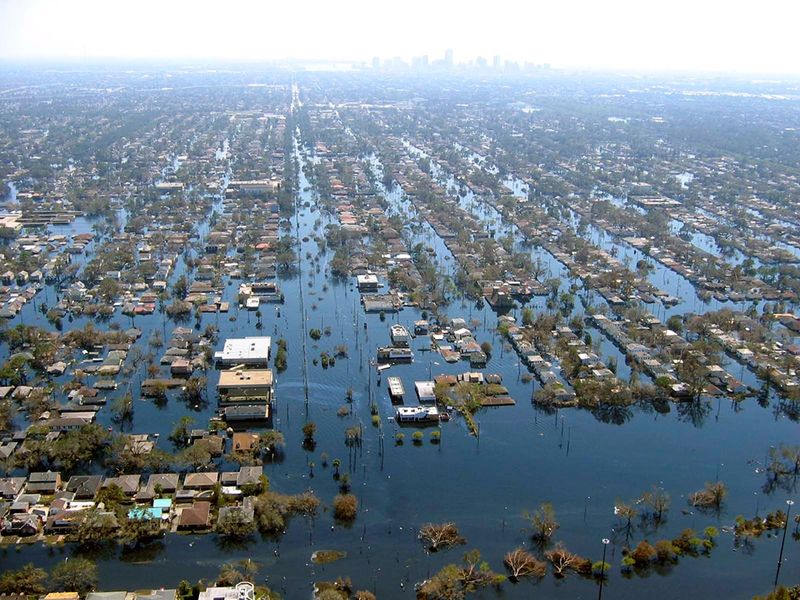13 Scariest Moments in Boomer History and Why We Should Never Forget Them
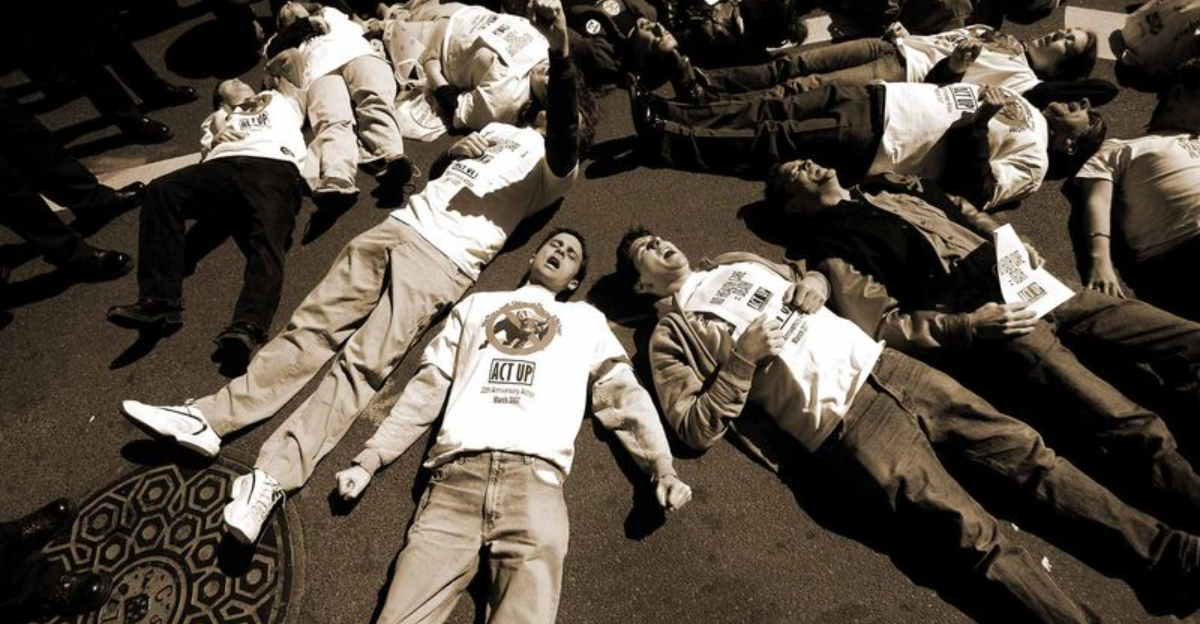
The Baby Boomer generation lived through some of the most terrifying and transformative events in modern history. These moments shaped societies, altered policies, and left lasting marks on those who witnessed them.
From political crises to national tragedies, each of these 13 moments reminds us of the fragility of stability and the resilience of the human spirit. Let’s take a closer look at these historical events and why they should never be forgotten.
1. Cuban Missile Crisis (1962)
“We were eyeball to eyeball, and I think the other fellow just blinked.” – Dean Rusk
The Cuban Missile Crisis remains one of the closest times the world came to nuclear war. For 13 harrowing days, the U.S. and Soviet Union stood on the brink of mutually assured destruction, as Soviet nuclear missiles were discovered in Cuba, just 90 miles from U.S. shores.
The standoff ended with diplomatic negotiations, but the fear of nuclear annihilation left an indelible impact on the Boomer generation. Lessons learned from this crisis led to de-escalation tactics and nuclear arms control agreements—something we must never take for granted.
2. Vietnam War Protests (1960s-1970s)
“Hell no, we won’t go!” became the battle cry of a divided nation during the Vietnam War protests.
As American involvement in Vietnam deepened, widespread anti-war protests erupted across the country, leading to intense societal conflicts. The war’s brutal realities, high casualties, and unclear objectives fueled anger, especially among young people.
Events like the Kent State shootings (1970) exposed the deep divide between government policies and public sentiment.
These protests shaped future military decisions and forever altered how Americans viewed government intervention in foreign conflicts.
3. The Assassination of JFK (1963)
The day America lost its innocence.
On November 22, 1963, President John F. Kennedy was assassinated in Dallas, Texas, shocking the entire world. His youthful charisma and vision for change made him a symbol of hope.
This moment ushered in an era of political cynicism and government distrust, especially with the emergence of conspiracy theories. It remains one of the most shocking and unsettling events in U.S. history.
4. Watergate Scandal (1972-1974)
“What did the President know, and when did he know it?” – The question that led to President Richard Nixon’s downfall.
The Watergate scandal exposed corruption at the highest levels of U.S. government, forever changing how Americans viewed their leaders. After a failed break-in at the Democratic National Committee headquarters, an investigation revealed a massive cover-up, leading to Nixon’s resignation in 1974—the first and only U.S. president to do so.
The scandal resulted in sweeping political reforms, including greater press freedom, stricter campaign finance laws, and increased government oversight.
5. Three Mile Island Accident (1979)
The worst nuclear accident in U.S. history unfolded in Pennsylvania, causing mass panic.
A partial meltdown at the Three Mile Island nuclear plant raised fears of radiation exposure and nuclear catastrophe. The incident severely shook public trust in nuclear energy.
The aftermath led to stricter safety regulations and a decline in nuclear power expansion—a debate that still influences energy policies today.
6. The Great Inflation of the 1970s
Boomers lived through an era where prices skyrocketed, wages stagnated, and gas shortages caused nationwide panic.
Fueled by oil embargoes, poor economic policies, and global instability, inflation soared to double-digit levels, making everyday essentials unaffordable. The phrase “stagflation” (stagnant economy + inflation) was born during this period.
This economic turmoil served as a lesson in financial policy and market resilience, shaping the modern understanding of economic stability.
7. Challenger Disaster (1986)
“We will never forget them.” – President Ronald Reagan
The Challenger explosion was one of the most heartbreaking space disasters in history. Millions of Americans, including schoolchildren, watched live as the space shuttle exploded just 73 seconds after launch.
This tragedy led to major NASA safety overhauls and reinforced the dangers of space exploration. It remains a sobering reminder of the risks in pursuit of human progress.
8. AIDS Epidemic (1980s-1990s)
In the early 1980s, a mysterious disease began spreading, later identified as HIV/AIDS. Initially dismissed as a “gay disease”, it rapidly became a global health crisis.
AIDS devastated millions of families, with little medical knowledge or treatments available. The government’s slow response and public stigma only worsened the crisis.
Through activism and medical advancements, HIV/AIDS is now manageable, but this tragedy taught the world about public health, discrimination, and the power of advocacy.
9. Chernobyl Disaster (1986)
The Chernobyl nuclear explosion in Ukraine remains one of the worst man-made disasters ever.
A reactor meltdown led to massive radioactive fallout, forcing thousands to evacuate and causing long-term health and environmental damage.
The Soviet Union’s attempt to cover up the disaster worsened the situation, reinforcing the dangers of government secrecy. It became a turning point in nuclear energy safety and international crisis management.
10. Kent State Shootings (1970)
“Four passed away in Ohio.”
During anti-Vietnam War protests, the National Guard opened fire on unarmed students at Kent State University.
This shocking act of violence outraged the nation, deepening distrust in the government and fueling more protests. It remains a symbol of resistance, free speech, and the cost of political unrest.
11. Iran Hostage Crisis (1979-1981)
For 444 days, 52 American hostages were held captive in the U.S. Embassy in Tehran, as part of the fallout from Iran’s revolution.
This crisis damaged U.S.-Iran relations, influenced presidential elections, and led to major shifts in U.S. foreign policy.
The lessons from this crisis still impact international diplomacy and how nations handle hostage situations.
12. 9/11 Terrorist Attacks (2001)
“A day that changed everything.”
The September 11th attacks were the worst act of terrorism in U.S. history. The attacks led to wars in Afghanistan and Iraq, the Patriot Act, and heightened global security measures.
The world was forever changed, with lasting impacts on international relations, national security, and civil liberties.
13. Hurricane Katrina (2005)
One of the worst natural disasters in U.S. history.
Hurricane Katrina left New Orleans and the Gulf Coast in ruins, exposing government failures in disaster preparedness. It left thousands homeless.
It highlighted racial and economic disparities in disaster response, leading to reforms in emergency management.

